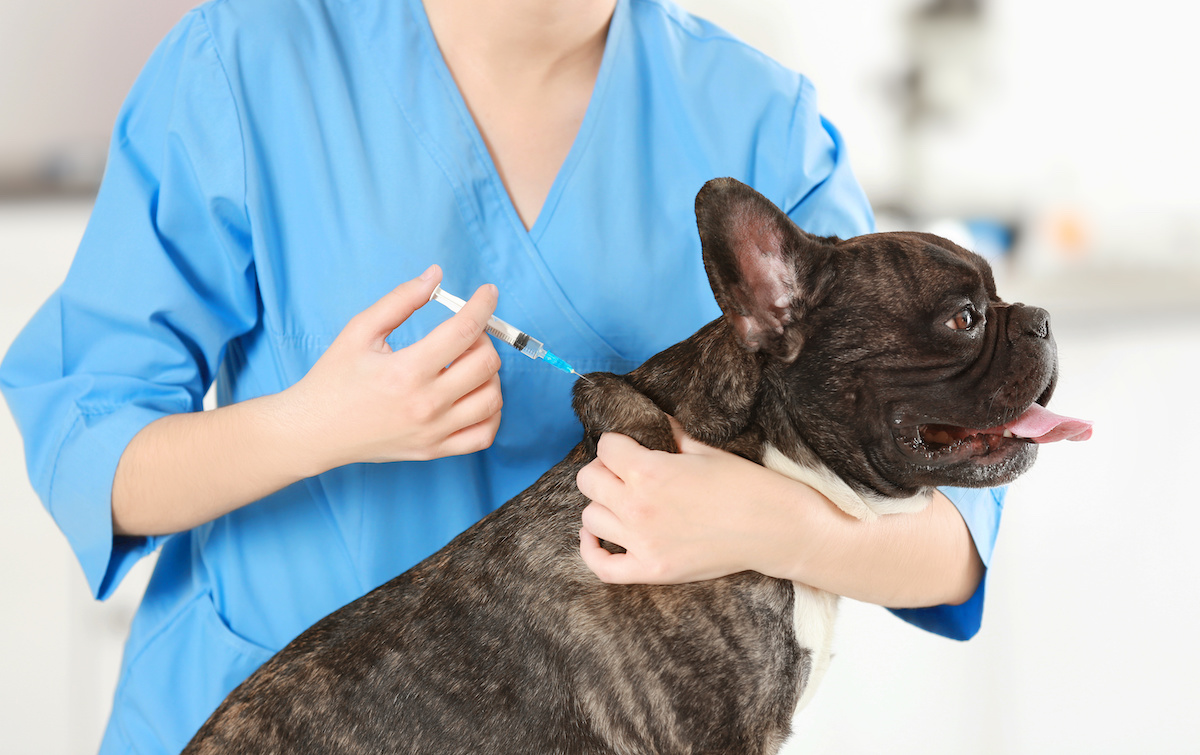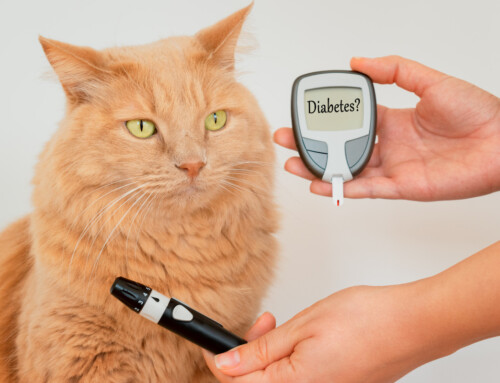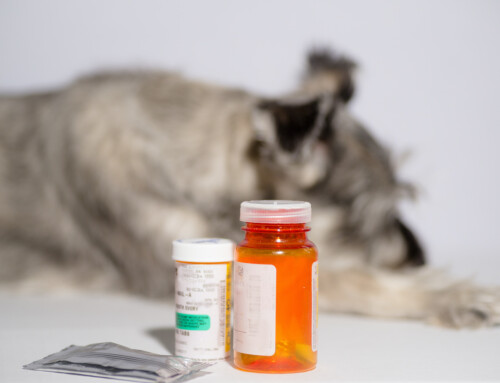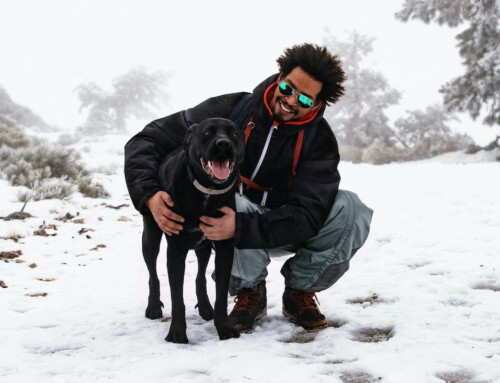With the new year almost here, we remind you to please review your furry loved one’s vaccination history to keep them up-to-date with their shots. By doing so, you help protect your pets from various diseases, including rabies, distemper, parvovirus, infectious hepatitis, bordetella, feline leukemia, and others. It is essential to vaccinate your pets annually, which helps lessen the spread of infectious diseases throughout pet populations.
Here is some general information about vaccinating your pets (young or seniors) at different ages.
Kitten or Puppy: Birth to 1 Year
Generally speaking, you’ll need to bring your little one in for vaccines every 3 to 4 weeks until it is 16 weeks old.
Dogs receive shots for distemper-Parvo, rabies, and other diseases. They may also need shots to protect against health woes such as kennel cough, influenza, corona, and Lyme disease.
Cats receive tests for feline immunodeficiency virus and feline leukemia. They also get vaccinations that cover several diseases.
Your vet will start your pet on heartworm and flea- and tick prevention medications if they’re recommended for your area.
The puppies or kittens will be examined by your vet to make sure they are growing well and show no signs of any illness. Your vet will check again at around six months when you should bring your pet in to be spayed or neutered.
Annual boosters may also be necessary for adequate protection of certain diseases, parasites, and so on.
Adult: 1 to 7-10 Years
During this stage, vets recommend yearly checkups to examine them head-to-tail with a physical. A blood sample will be taken from your dog to check for heartworms. Cats typically don’t get tested for heartworms because the results are difficult to interpret.
Distemper-Parvo and rabies booster shots happen during the first yearly checkup, then usually every year after that.
Your vet may give your dog other vaccines to prevent illnesses like kennel cough, and outdoor cats may get feline leukemia vaccines.
Checking for intestinal parasites should also be done minimally every six months to a year.
Senior: 7 to 10 Years and Older
Vets suggest twice-yearly checkups for older pets. Your cat or dog should get a thorough physical exam, along with tests to follow up on any problems. Blood and urine tests can give your vet the scoop on your pet’s kidney and liver health, thyroid hormone levels, heart, and more. Be sure to mention any changes or observations that you’ve seen in your pet to your vet.
Boarding
When boarding a dog, it is required to have DHLPP, Bordetella (KC), and Rabies (RV) vaccinations.
When boarding a cat, felines are required to have FVRCP and Rabies (RV) vaccinations.
Quarantine
Dogs are required to have DHLPP, Bordetella (KC), and Rabies (RV). If needed, the Rabies (RV) vaccination is not given until the last day of the quarantine.
Cats are required to have FVRCP and Rabies (RV). If needed, the Rabies (RV) vaccination is not given until the last day of the quarantine.
If you have any questions regarding your pet’s vaccinations, please give us a call or schedule an appointment to come in and discuss it with us? As always, we want the best for your pet.
At MainStreet Veterinarians, we offer Veterinary Orthopedic Manipulation (pet chiropractic), nutritional counseling, and NRT (Nutrition Response testing) and a wide array of holistic foods and nutritional supplements.
MainStreet Veterinarians practices both conventional as well as alternative animal healthcare from our friendly office in Stone Mountain, GA. Offering mainly conventional veterinary medicine and surgery to also offering a wide array of alternative and holistic treatments to the veterinary community as well. Call us today to make an appointment with your beloved pet at 770-498-4620 or send us an email.








